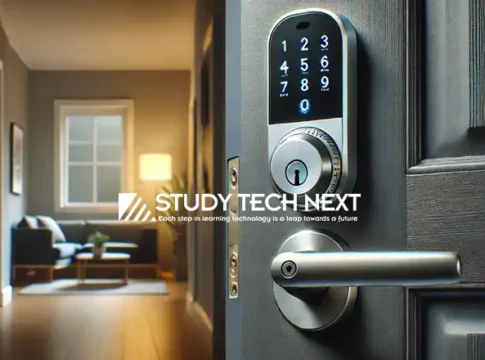While comparing smart lock quality and security one has to consider factors such as ANSI (American National Standards Institute) and BHMA (Builders Hardware Manufacturers Association). Such ratings assist consumers in establishing a lock’s effectiveness in resisting tampering, force entries and wearing out. The three ANSI grades are available; Grade 1 has the most security as is common in business environments. BHMA ratings are based on durability, security, and performance responsibility and offers additional rankings in the specifics to lock components.
Example grade 1 ANSI locks, which have to offer at least 250,000 operational cycles, shock, and high level of pick normalized attempts. On the other hand, inferior types of locks are relatively convenient, but this convenience comes with a higher risk that they will be breached. BHMA testing covers so many areas including installation efforts, endurance to drilling and force. This helps consumers sort out the real McCoy from those ordinary locks that do not carry or offer much functionality beyond a few premium features.
In the case of smart locks, these ratings are even more important on account of most of them, necessary to grant immediate access into people’s homes. The inclusion of technologies that include Bluetooth and Wi-Fi increases the risks that the device presents that mechanical locks do not expose. If the smart lock is ANSI and BHMA certified, for instance, rates of 3 or above, it can meet the physical requirement but also has safeguard against cyber threats. For example, BHMA certified smart locks might be further tested for electronic manipulation and data protection.
Despite the numerous options on the market, users need to ensure the best ratio of convenience and security of smart locks. The higher the ANSI/BHMA rating of the smart lock, the more confident the homeowner can be in its ability to resist manipulation whether it has switches for voice control, or other fancy features like remote access. Buying a higher rated lock provides security since these areas or properties need enhanced security.
Highlights:
- ANSI Grade 1: Lends itself to the highest degree of security particularly for business and security sensitive establishments.
- Durability Testing: BHMA measures the wear of locks and the ability of these locks to withstand physical as well as electronic manipulation.
- Electronic Tampering Resistance: Some higher ranked smart locks may be protected against hacking.
- Performance Over Time: Realization also evaluates the efficiency of a lock after continuous usage.
- Balanced Convenience and Security: There is a clear correlation between high ratings and impressive performances of smart lock with the combination of such functions and physical protection.
Picking a lock with the best possible ANSI and BHMA rankings guarantees not only the lock’s sturdiness but also the firm’s electronic stability, making it a major factor to look into when getting a smart lock.

